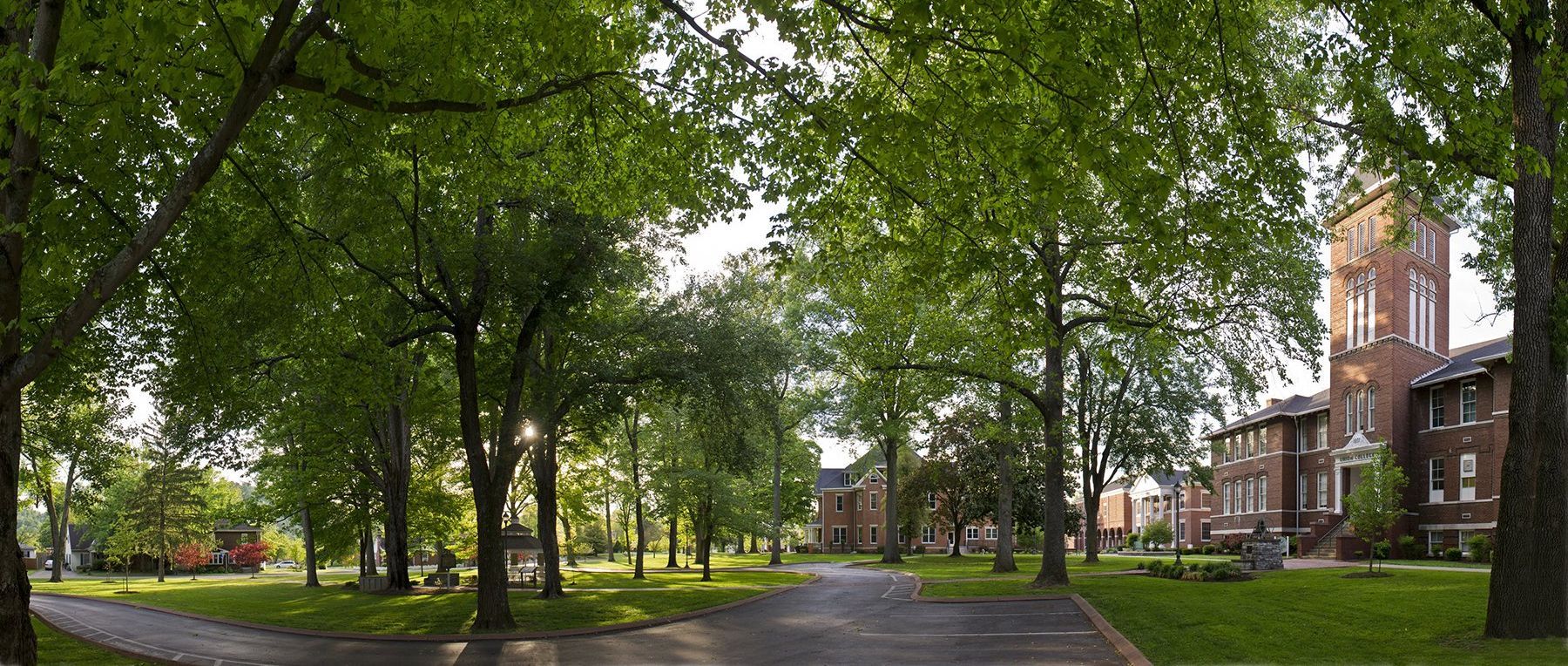Physics Minor
A minor in physics allows students to master the basics of physics and develop effective problem-solving skills. This skill set can be applied across various disciplines, making physics a valuable addition to any major and preparing students for successful graduate studies in the sciences.
RESOURCES
-
Admission Information
A minimum 2.0 GPA is the requirement for admission at Union Commonwealth University.
-
Curriculum Summary
Physics Minor Requirements (36 Credit Hours)
36-39 semester hours in Physics including: 17 to 20 hours in Physics; 4 hours in Chemistry; 12 hours in Calculus; and 3 hours of Electives. The following courses are required:
PHYS 211 General Physics I (4 Credit Hours)
A two-semester sequence which must be taken in order. Mechanics of solids, liquids and gases; laws of thermodynamics; kinetic-molecular theory, vibrating bodies; wave physics; laws of Coulomb, Faraday, Ampere, Ohm, Joule, and Lenz; electromagnetism; and optics. Prerequisite or Corequisite: MATH 242
PHYS 212 General Physics II (4 Credit Hours)
A two-semester sequence which must be taken in order. Mechanics of solids, liquids and gases; laws of thermodynamics; kinetic-molecular theory, vibrating bodies; wave physics; laws of Coulomb, Faraday, Ampere, Ohm, Joule, and Lenz; electromagnetism; and optics. Prerequisite or Corequisite: MATH 242
PHYS 213 General Physics Lab I (1 Credit Hour)
Laboratory components accompanying PHYS 111 and PHYS 112 respectively. A general physics laboratory course involving experiments in mechanics, heat, sound, electricity, magnetism, and optics. Experiments are coordinated with PHYS 211-PHYS 212. No credit may be received for these laboratory courses without concurrent or prior completion of the corresponding lecture course.
PHYS 214 General Physics Lab II (1 Credit Hour)
Laboratory components accompanying PHYS 111 and PHYS 112 respectively. A general physics laboratory course involving experiments in mechanics, heat, sound, electricity, magnetism, and optics. Experiments are coordinated with PHYS 211-PHYS 212. No credit may be received for these laboratory courses without concurrent or prior completion of the corresponding lecture course.
PHYS 304 Modern Physics (3 Credit Hours)
Study of modern physics: relativity, quantum mechanics, wave/particle duality, atomic/nuclear/particle physics, and cosmology. Prerequisites: PHYS 111 and PHYS 112, or PHYS 211 and PHYS 212. Even years only.
PHYS 305 Problem Solving in Modern Physics (1 Credit Hour)
Problem Solving in Modern Physics, (F) (1). Calculus-based problem-solving supplement to PHYS 304, Modern Physics. Prerequisites: PHYS 211 and 212, and MATH 242. Prerequisite or Corequisite: PHYS 304. Even years only.
PHYS 331 Heat and Thermodynamics (3 Credit Hours)
Thermodynamic systems and processes, equations of state, PVT surfaces and real substances, laws of thermodynamics, energy equations, enthalpy, entropy, thermodynamic potentials, and application of thermodynamics to simple systems. Prerequisite: PHYS 212. Prerequisite or Corequisite: MATH 243. Odd years only.CHEM 314 Physical Chemistry Lab (1 Credit Hour)
A laboratory course designed to accompany CHEM 313, CHEM 332, and PHYS 331.
CHEM 332 Physical Chemistry (3 Credit Hours)
A study of atomic structures and chemical bonding in terms of modern quantum theory. Topics include quantum mechanics, molecular spectra, and chemical kinetics. Prerequisites: MATH 242 and PHYS 212. Odd years only
MATH 241 Differential Calculus & Analytic Geometry (4 Credit Hours)
Review of algebra, limits, the derivative, differentiation of algebraic and trigonometric functions, applications of the derivative, extrema, and the antiderivative. Prerequisite: MATH 134 or permission from instructor.
MATH 242 Integral Calculus & Analytic Geometry (4 Credit Hours)
Course contains the integral, applications of the integral, logarithmic and exponential functions, trigonometric functions, hyperbolic functions, techniques of integration, L’Hospital’s Rule and indeterminate forms, and improper integrals. Prerequisite: MATH 241.
MATH 243 Advanced Calculus & Analytic Geometry (4 Credit Hours)
Topics selected from polar coordinates, vectors, solid analytic geometry, partial differentiation, multiple integration, infinite series, and differential equations. Prerequisite: MATH 242.
And 3 hours of electives to be chosen from:
PHYS 402 The Physics of Solids (3 Credit Hours)
A study of the physical, mechanical, thermal, electrical, and magnetic properties of solid phase materials. Also, to be considered are experimental methods for investigating solids. Prerequisites: MATH 131 and either PHYS 111 and PHYS 112, or PHYS 211 and PHYS 212.
CIS 250 (or higher) Linear Algebra (3 Credit Hours)
This is an introductory course in computer programming in which visual programming and object-oriented programming is employed. It introduces basic programming concepts such as data types, decisions, looping, arrays, files, and databases. The course will utilize the most current language in the marketplace. (Formerly COMP 250)
Or
MATH 332 (or higher) Linear Algebra (3 Credit Hours)
Vector spaces, subspaces, linear independence, linear transformations, determinants, inner product spaces, orthogonality, and unitary transformations. Prerequisite: MATH 331. Odd years only.
Gather your supporting documents and visit our Undergraduate Application for Admission to begin your educational journey at Union Commonwealth University.
Contact Us
Union Commonwealth University Admissions
Phone: 1-800-489-8646
Union Commonwealth University
310 College Street
Barbourville, KY 40906
admissions@unionky.edu


